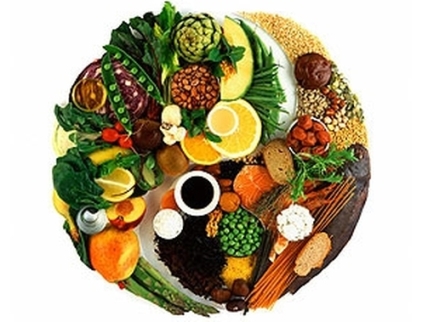Yin and yang foods in the macrobiotic diet
Find out what are the yin and yang foods in the diet or macrobiotic diet, and how they differ from each other, knowing in turn what are yin and what are yang.
More than a diet or weight loss, we could say that the macrobiotic diet is characterized rather by being a philosophy of life, being based on Chinese medicine and Zen Buddhism, where health is synonymous with balance between two principles: the yin (feminine, cold and dark) and yang (masculine, hot and bright), which are present in the whole of nature.
Therefore, based on the philosophy of the macrobiotic diet, there is an absence of disease when the principles of yin and yang are in perfect balance, being achieved by a balanced diet and follow a relaxed life based on spiritual serenity, in relaxation and meditation practice. Defends, therefore, there is an absolute relationship between our mood and food.
See Also: Foods that are ruining your diet
The balance between the yin and yang foods
Food or macrobiotic diet classifies different foods into two main categories: yin (food considered as passive) and yang (active food).
As indicated in the previous lines, there must be some balance between these two groups of foods, as objective at the time of achieving both the physical and spiritual, and, finally the proper health.
We must differentiate not only the yin and yang foods, but those who tend not to be so healthy to contain an excess of yin or an excess of yang.
In all, a balanced diet should consist of 50% cereals, 25% of vegetables, 10% legumes and 5% fruit, seafood and soups.
Yin foods
We find foods such as fruits, leafy vegetables, seeds, malt, tofu, tempe, fruit juices and natural vegetables and sugar-free jam.
However, in return we find foods that have an excess of yin, such as: sugar, sweets and cakes, alcohol, tea, coffee and spices.
Yang foods
There are such foods like the whole grains, pastas and flours, root vegetables, legumes, seafood, cheese, salt, shoyu and miso.
Among the foods with excess yang, we can mention meat, poultry, hard and salty cheeses and eggs.
